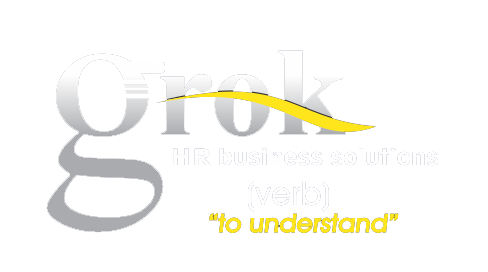Preparing for the 2025 Employment Equity Changes
The South African department of labour has introduced the much anticipated new Employment Equity (EE) regulations, effective 1 January 2025, signalling a major shift in the way businesses will need to approach EE compliance. These changes are designed to address ongoing disparities in the workplace and ensure the advancement of a more equitable workplace. These changes might be a challenge to navigate successfully without the help of a certified EE expert.
What Are the Key Changes?
Small companies with fewer than 50 employees can breathe a sigh of relief, as they are now exempt from having to comply with Chapter 3 of the EE Act (EEA). However, these employers are still required to ensure they eliminate unfair discrimination in the workplace and foster an inclusive culture within their businesses.
The amendments also make provision for the expansion of the definition of disabled employees, which now includes those who have intellectual and sensory disabilities. Employers are urged to implement reasonable accommodations for employees with disabilities to promote entry and advancement in the workplace. Moreover, employers must ensure that medical certificates are obtained from employees who come forward with disabilities.
The new regulations introduce sectoral EE targets in Section 15A of the EEA, which are tailored to specific industries. These targets are aimed at ensuring that the workforce demographics in each sector reflect the economically active population in the regions where they operate. Companies must now align their hiring and promotion practices with these targets to avoid non-compliance penalties. Employment and Labour Minister Nomakhosazana Meth is set to release these targets in January 2025.
Furthermore, the Department of Employment and Labour (DEL) will introduce enhanced monitoring and enforcement capabilities. Non-compliant companies risk fines, exclusion from public procurement opportunities, and reputational damage.
To continue doing business with government entities, companies must now also obtain an EE Compliance Certificateannually. Obtaining this certificate will require proof of adherence to the sectoral targets and the national minimum wage.
How Companies Can Prepare
Adapting to these changes requires proactive and strategic planning. Here’s how businesses can ensure compliance:
Employers must ensure their EE plans incorporate the sectoral targets specific to their industry. Employers must also show how they plan to achieve these targets through hiring, promotions, and workforce planning. Moreover, employers are required to review their past attrition rates to assist them in planning their numerical goals and targets, and to align these with the sectoral targets.
A strong EE Committee is crucial. Companies must have EE Committees that include representatives from various occupational levels and across all demographics. These representatives must be trained on the new requirements. The EE Committee will play a critical role in driving compliance and fostering employee buy-in.
Regular audits of the workforce will help employers understand their current position relative to the sectoral targets. Companies must use this data to guide their recruitment and retention strategies.
How an EE Expert Can Help
An EE expert brings years of experience and deep industry knowledge to help businesses navigate compliance with confidence. Here’s how an EE expert can assist:
Drafting and Updating EE Plans
An EE expert will ensure that your plan aligns with sector-specific targets and regulatory requirements while still being practical for your business operations.Committee Training
An EE expert will provide targeted training for EE and Skills Development Committees, empowering them to implement policies effectively.Workforce Analysis
An EE expert will conduct detailed audits to identify gaps and advise on strategies to meet sectoral targets.Compliance Monitoring
With the help of an EE expert, you can prepare for audits and secure your annual EE Compliance Certificate with minimal hassle.Mitigating Risks
An EE expert can identify potential risks of non-compliance and provide tailored solutions to help you avoid penalties and reputational harm.
The 2025 EE changes are a call to action for businesses to go beyond ticking compliance boxes and genuinely commit to workplace transformation. By adapting early and seeking professional guidance, your business can turn these changes into an opportunity to build a diverse, inclusive, and competitive workforce.
Navigating the EE regulatory updates needn’t overwhelm you! Contact the EE experts at grok now to ensure full regulatory compliance in 2025 and beyond.
